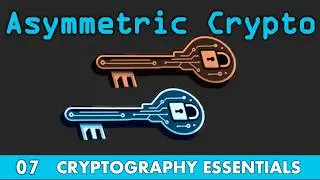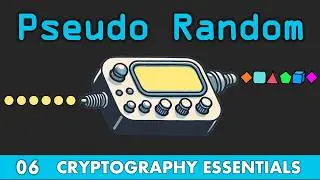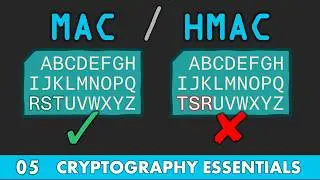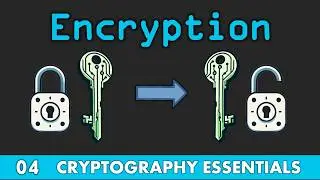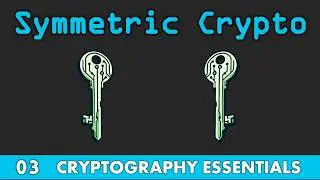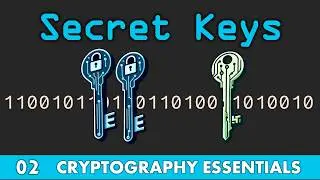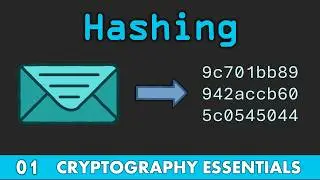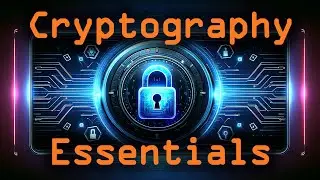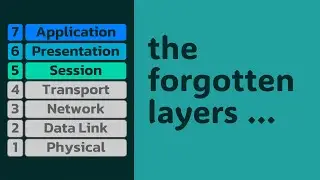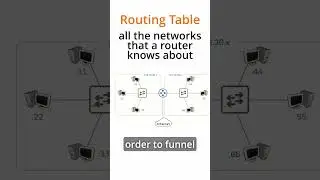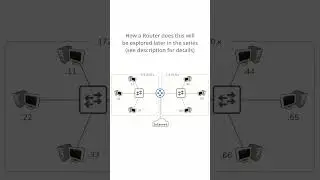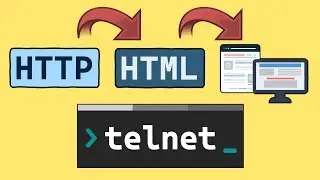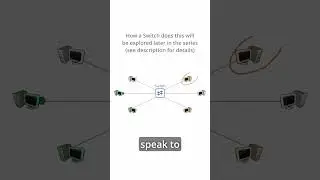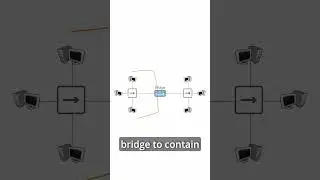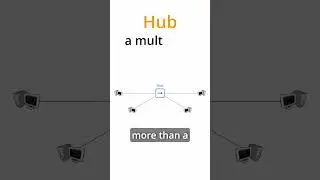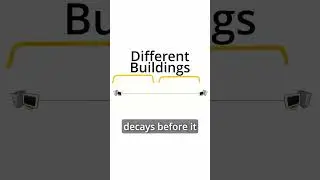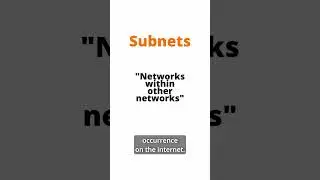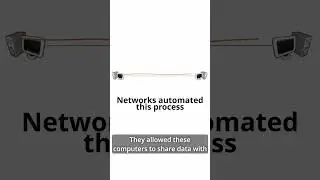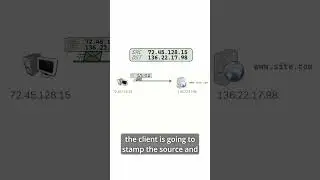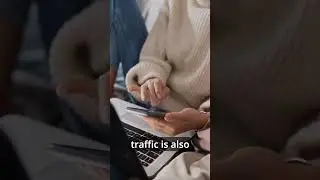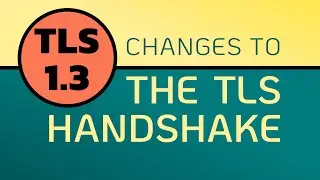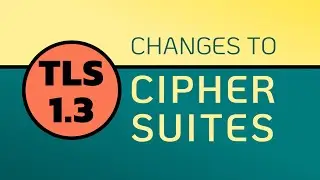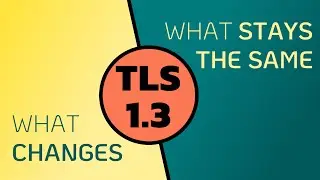OSI Model Layer 5, 6, and 7 -- Session, Presentation, & Application Layers -- what they actually do
Plenty of attention is given to L1-L4 of the OSI model... but very little attention is given to the Session Layer, the Presentation Layer, and the Application layer (Layers 5, Layer 6, and Layer 7). That's led to a lot of bad information existing about these three errors. So I decided to create a video that explained how these three layers work, and how they contribute towards the goal of Networking: sending data between two computers.
This video can be considered a follow up to my first two videos on the OSI model:
OSI Model - Layer 1, Layer 2, Layer 3
• OSI Model: A Practical Perspective - ...
OSI Model - Layer 4, Layer 5/6/7, Encapsulation De-Encapsulation
• OSI Model: A Practical Perspective - ...
In addition, I highly recommend watching my last video before or after watching the OSI model Layer 5, 6, and 7 video:
• HTTP vs HTML: Unveiling Network Proto...
----
00:00 - Intro
00:42 - OSI Model, TCP IP Model, Four / Five / Seven layer models
02:00 - Layer 5 - Session Layer
04:06 - Session Layer Modern Example: HTTP Cookies
06:04 - Layer 6 - Presentation Layer
07:38 - Presentation Layer Modern Example: ASCII encoding
08:19 - Layer 7 - Application Layer
09:34 - HTTP vs FTP - protocols implement L5, L6, L7 independently
10:43 - Why L5-L7 are often combined?
11:14 - Networking Models - Layers of Abstraction
12:30 - pracnet.net/networking
----
If you want a full training series unpacking Networking Fundamentals and how Data moves through the Internet, check out Module 1 of the course which is available for free on Youtube:
• Networking Fundamentals
And if you enjoyed that series, consider the expanded course based on this series covering the full depth of Networking:
https://pracnet.net/networking

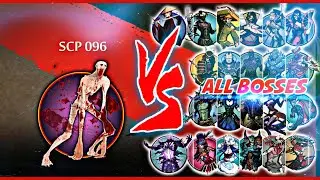
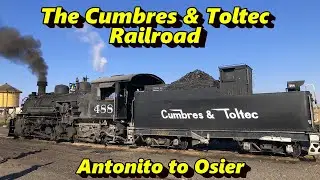

![Best Dubstep Mix 2021 [Brutal Dubstep Drops],Gaming Dubstep Mix](https://images.videosashka.com/watch/hskp_5uxw00)
![Everyone Bullies Ui-mama With Ui-Beams (Koyori, Lize, Furen, Haneru, Patra, Siro, Aoi) [Eng Subs]](https://images.videosashka.com/watch/2kYfGFujdVs)


